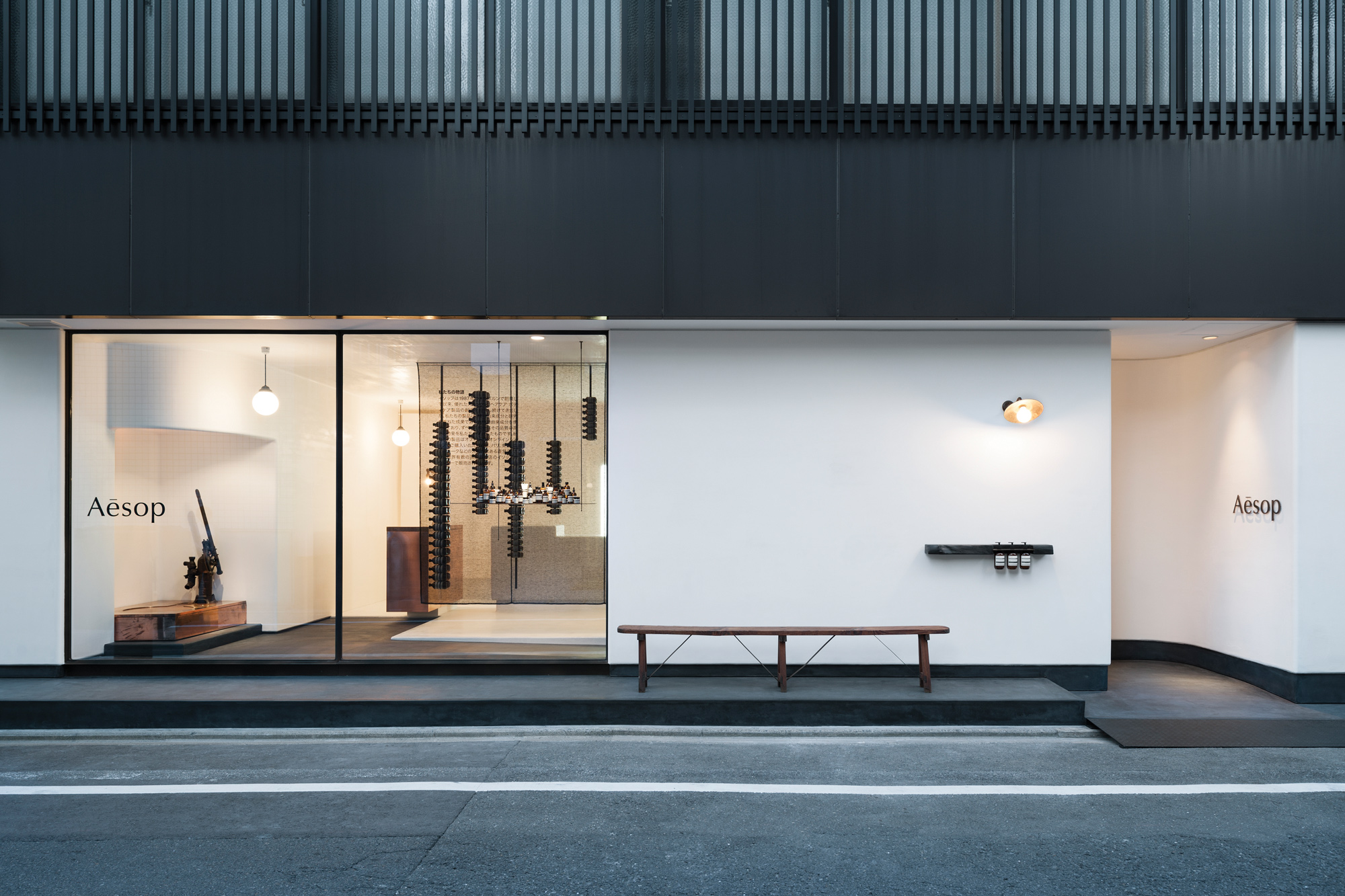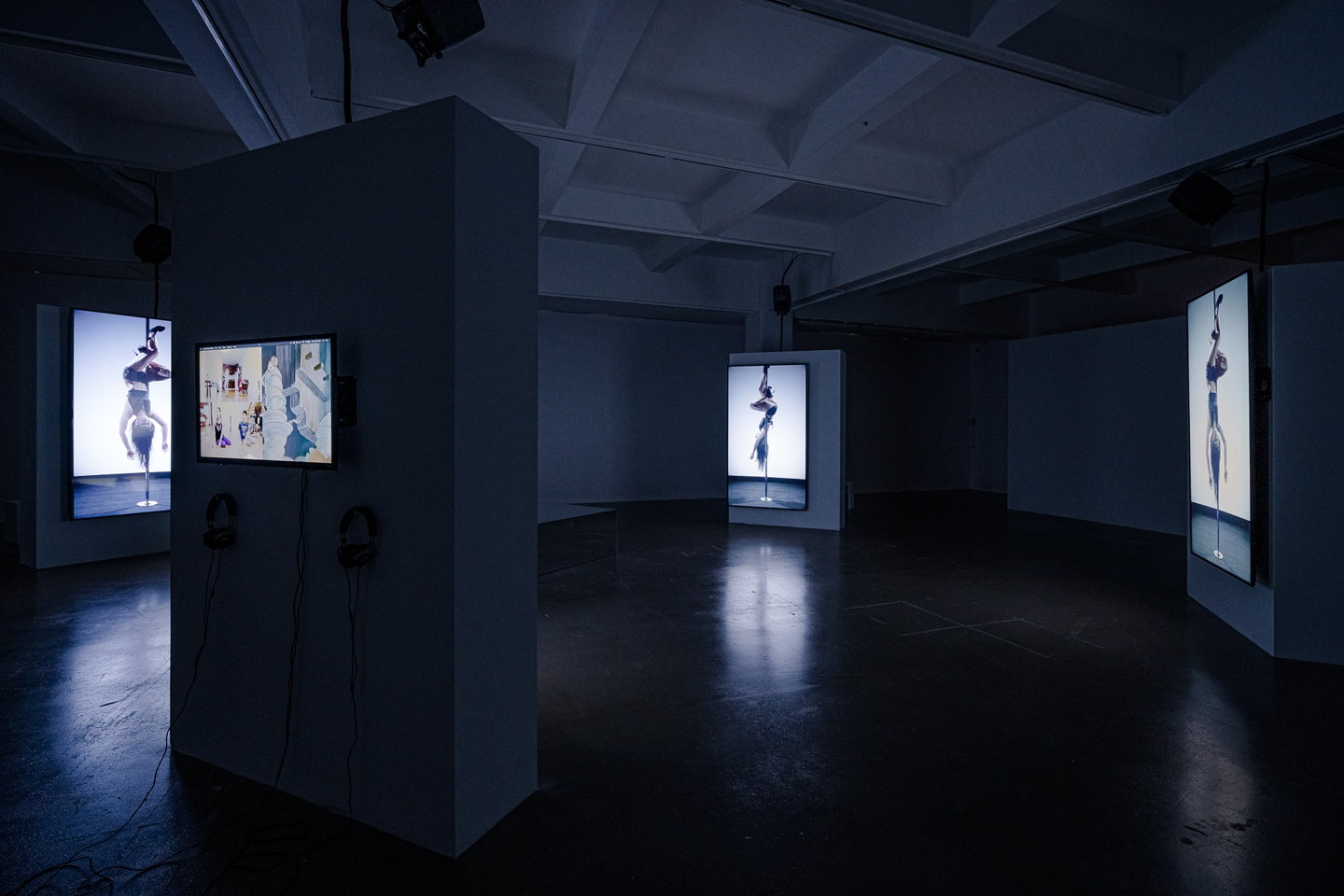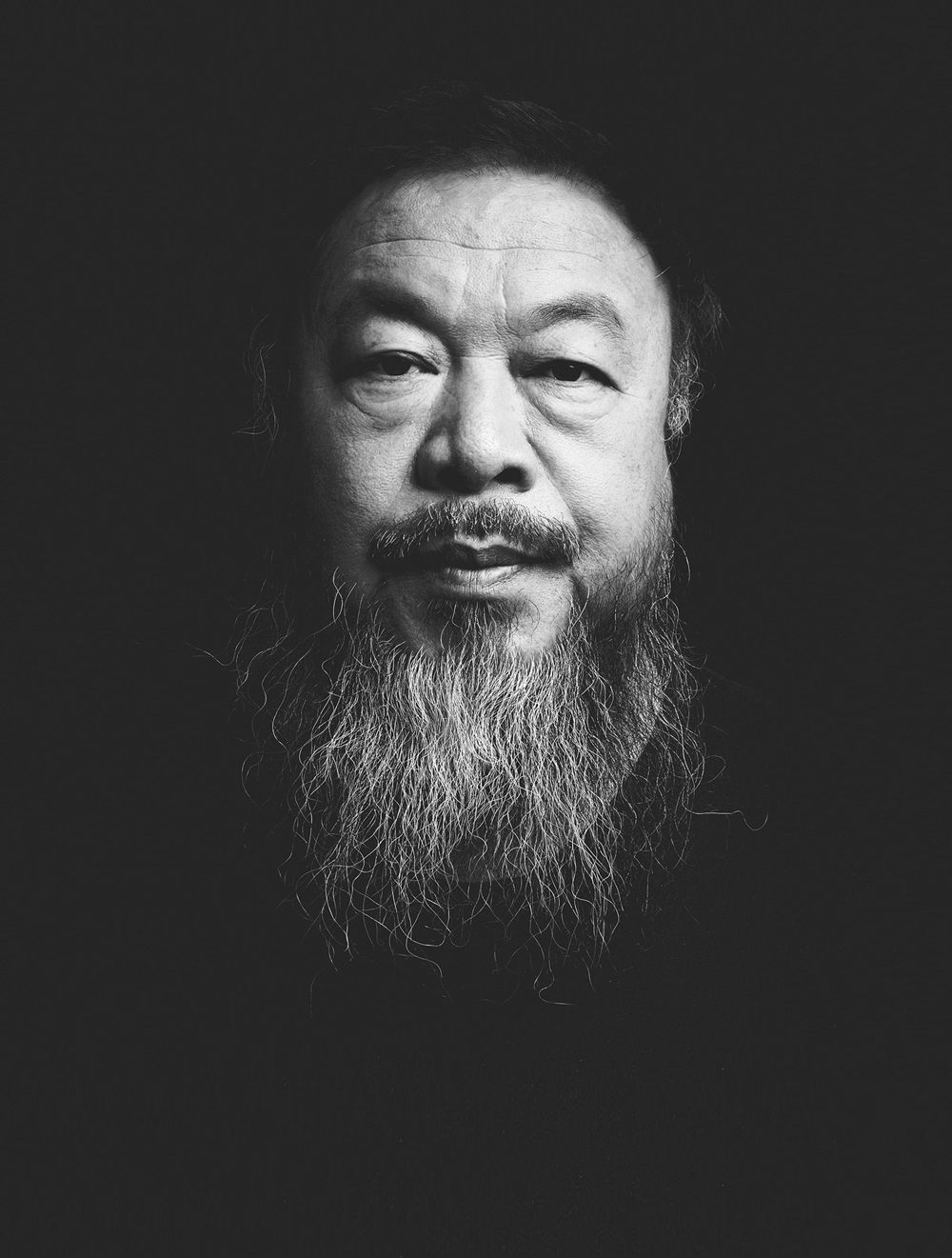If you kick every Latino out of this country, then who is go- ing to be cleaning your toilet, Donald Trump?
— Kelly Osbourne, The View, 4 August 2015
***
I’m in London and Trump is here today and somewhere overhead there’s a baby blimp flying and people are turning out in droves to protest their government’s approval of his government with signs like ‘NO CAGES NO CLOSETS’,‘BUILD BRIDGES NOT WALLS’,‘BAN GUNS NOT MUSLIMS’.
I’m in London and it’s the summer of the World Cup. I watch Croatia play Russia with a friend from St. Petersburg who wonders aloud if anyone will accuse the hosts of cheating like the last time she was at a pub. “I don’t care about football but it’s nice that we’re doing so well. It’s nice to see good news about Russia for a change.” Mário Fernandes equalises with a header and I hear someone at the bar say he is so good that Putin issued a presidential decree to make him Russian. My friend doesn’t hear this but soon says Fernandes isn’t a common Russian name as he misses a penalty in the shootout he made possible. Don’t the rest of them look like typical Slavs, she says. I cannot tell if she is being affectionate or dismissive.
I’m in London and I’m working on things and an older Singaporean asks me why and we get into a conversation about art and where it’s going and why people won’t go to see it and he says Singapore has too small of a market. “There are 5 million people on the island and only 3.5 million are Singaporean. I think 1 million are foreign workers.” Yes, I say, and the art is not for them. He nods.
To come to London, I’ve had to take non-paying work because of visa restrictions which has meant borrowing money from friends I am lucky to have to make it through the summer. At the end of a two-hour-long queue at Gatwick Airport, I face a border guard whose demeanour is so intimidating that I understate the amount of time I will be spending in the country so I don’t alarm him. I am here legally but I also know that legality means scant when people are afraid. My visa doesn’t allow me to earn money but it affords me 90 days to do pretty much anything else as long as I can afford it. (Clearly, it would be helpful if I could work but these laws were never meant to be helpful.) My Russian friend is envious. She never gets as much time as me. Every time she comes here to visit her English father, she is subject to new lines of invasive questioning. One time, as a teenager, she was accused of trying to seduce her way into residency and held until her father came to get her by saying exactly what she had said to border control. Legality means fuck all when people are afraid.
My time in London is marked by things I can do for free, my research, and meeting the surprising number of people I know who also happen to be here. I cross paths with a cousin who is in Shoreditch for an ex-colleague’s wedding. Her friends tell her they’d love to have her back, that they’d make an opening for her, no questions asked. It’s not possible. She’d have to be a mining expert or a geophysicist or a nurse or anything else currently deemed useful to the UK. It’s clear by the way she’s rattling off these professions that she’s spent hours poring over the immigration rules website. Her boyfriend is British but there’s no way she’s getting married for residency. It’s not her style. He, on the other hand, hasn’t had a problem working in Asia, he’s been there almost 20 years. Don’t you remember, my cousin says to her tipsy friends, the Australians who got deported because they were no longer needed.
In my circle of privilege, friends and family are figuring out how to patch together the international experience they want out of life. Student visas, special talent statuses, companies with overseas placements, marriage. At every turn, we’re thinking about how to live fluidly in a world with rigid borders. I think again about the foreign workers for whom the art is not for. They are marked by their occupations before all else by their contributions to the labour force. Only construction workers from a pre-approved list of 12 countries in the region are allowed to apply for a work permit. They must be below 50, though the age cap is extended to 58 for Malaysian workers. Are Malaysian bodies somehow productive for longer or is this an act of neighbourly goodwill? Foreign domestic workers come from a similar list of approved nations—I wonder what logic governs that list: tradition, ‘national dispositions’, or the factor by which our dollar is stronger than their local currency so we can justify the low wages we pay with a glib ‘it’s big money where they come from’. The right for domestic workers to have a day off a week was only legally enshrined in 2013. The Foreign Domestic Servant Scheme began in 1978 which means that women were minding children, preparing meals, and cleaning houses for 35 years with no guarantee of at least a day to themselves. Somewhere along the way, we phased out the term ‘domestic servant’, a cosmetic change.
The art is not for them because nobody is trying to court an audience member with no disposable income and hardly any free time. The papers relish writing about migrant worker poetry competitions and migrant worker beauty pageants and migrant worker bhangra troupes but this feels cosmetic too. Reporters frame these participants as exceptional for their talent and passion—and rightly so. But what goes unremarked upon is that migrant workers with the time, psychic space, and institutional support to pursue artistic endeavours outside of their work are the exceptions to the rule. There’s no potential for these weekend artists to professionalise and make a mid-life career change, to shed the ‘migrant worker’qualifier affixed to their art; their right to stay in the country is contingent on their adherence to the terms of their work permits. I think about the compromised experience of Singapore they have access to—one day a week on a shoestring budget in the world’s most expensive city—and about the country that doesn’t really want them. Work permits have to be renewed every two years with no potential for permanent residence. Some workers spend more of their adult life in Singapore than in their countries of origin. They must return to a more-foreign-home when they reach the end of their utility. There isn’t even the possibility of romance; government approval must be sought before any marriage between a Singaporean citizen and a holder (past or present) of a work permit can be recognised.
***
I’m in London and of course I’m thinking about politics.
250,000 people flood the streets of central London to protest Trump. It’s not hard to find something to say about him. He’s unqualified, he’s a misogynist, he enables white supremacists, he’s a liar, he’s a fraud. Say it loud, say it clear, Donald Trump's not welcome here. Hey ho, hey ho, Donald Trump has got to go.
It’s easy to protest Trump. His position on immigration is cartoonishly evil. He wants to build a giant border wall. He wants to ban Muslims. He doesn’t bubble wrap his bigotry. His supporters laud him for ‘saying it like it is’. Moderates deride his lack of finesse; they want a respectable president who can represent the nation with class. But those in favour of controls on immigration are ultimately asking for the same things as him—just with added civility. The fear that undergirds immigration laws is rarely about new residents—because anyone can become part of a community if they’re wanted—it’s over the ‘wrong’ kind of people trying to assimilate. And while most people can agree that Mexicans and Muslims aren’t the right targets, they’ll quibble over other details like levels of education, professional skills, and potential tax contributions.
One of the arguments trotted out against Brexit is that the National Health Service will suffer a shortage of staff. Last year, in the wake of Article 50’s triggering, almost 4000 European nurses and midwives left the UK. There aren’t enough British citizens signing up to nursing courses to take their place. The toxic discourse about “foreigners” stealing jobs may not have been intended for the nurse who washes you after your operation, but that’s how it pans out. Hand- wringing in the opinion pages of The Guardian. Now that foreigners feel unwelcome, who will administer painkillers? Who will deliver babies? Who will wash the sick?
Who will keep your houses?
Who will clean your toilets?
***
Borders are carved by force; out of ignorance and happenstance. If we wanted to, we could forget where we’d drawn them. Dispense with the logic of territory altogether. What would happen?





